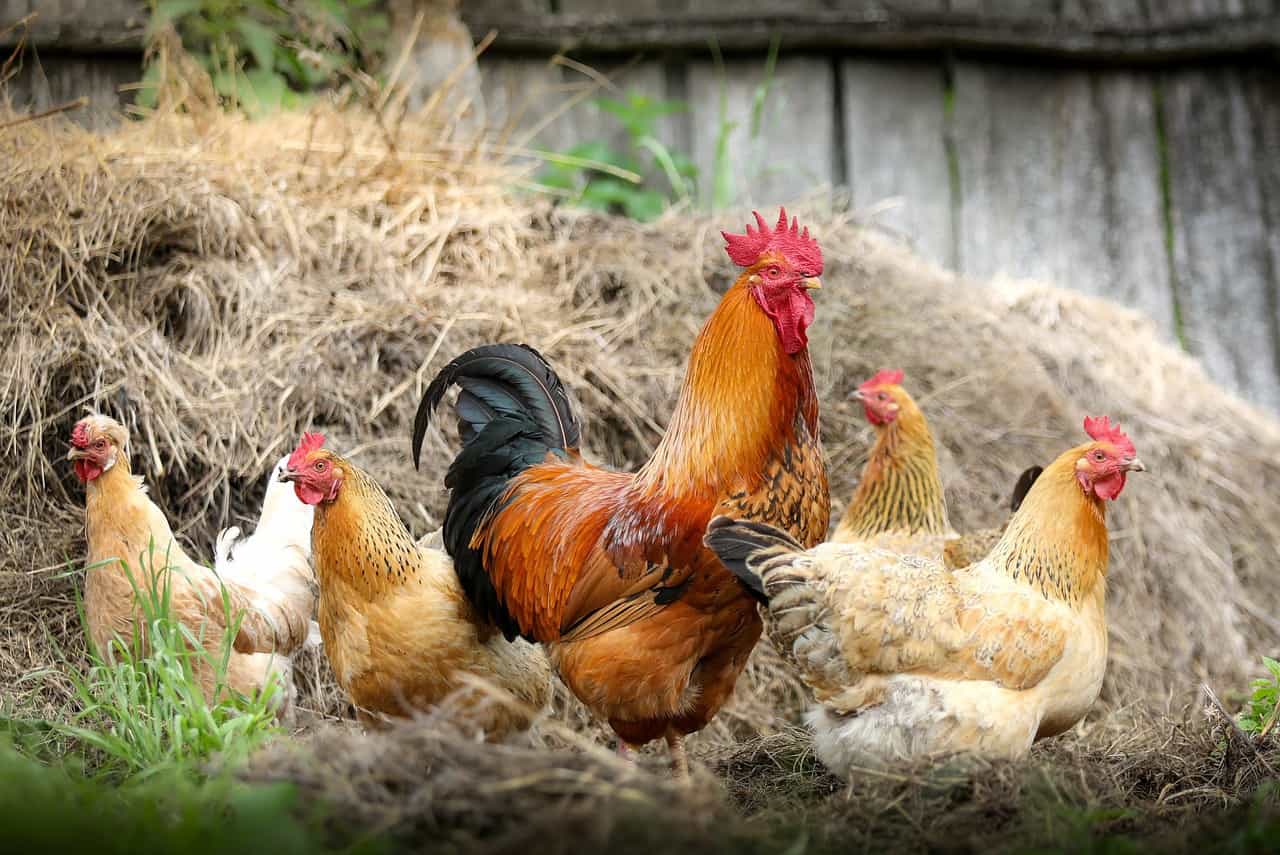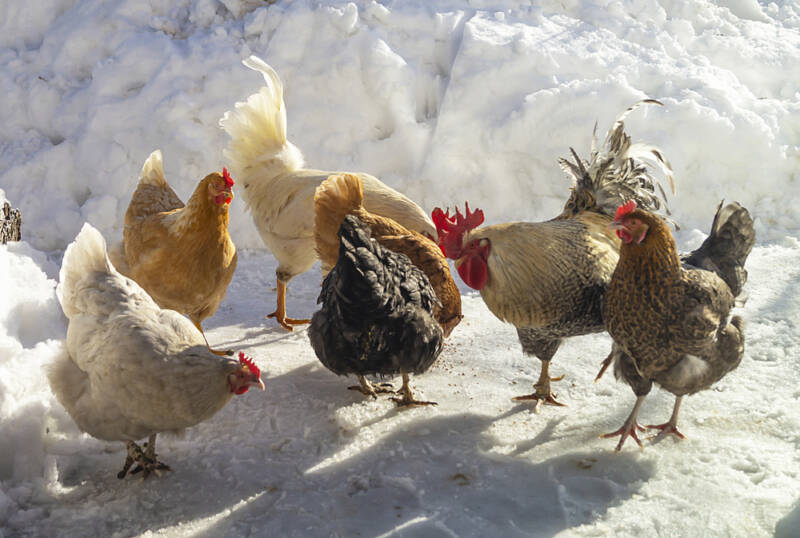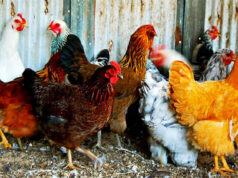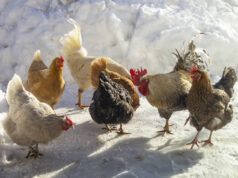As delightful as it is to raise chickens, those who engage in poultry farming must be aware of the potential health risks. One critical concern lies in exposure to chicken feces. This article investigates what disease can you get from chicken poop and aims to provide essential information about them, making it a vital read for anyone involved with poultry.

Introduction to Health Risks from Chicken Poop
Chicken poop can harbor a multitude of pathogens that pose serious health risks to both humans and animals. While it’s an excellent fertilizer for gardens, improper handling can lead to unfortunate consequences. Understanding these risks is key in preventing illness and promoting both human and animal welfare.
General Overview of Zoonotic Diseases
Zoonotic diseases are infections that can be transmitted from animals to humans. Chickens, like many other animals, can carry pathogens without showing any signs of illness. Some of these pathogens can be present in their droppings, making it crucial to practice good hygiene and biosecurity measures on your farm or backyard coop.

Common Diseases in Chicken Poop
Salmonella
Salmonella is one of the most common pathogens found in chicken poop. It can cause severe gastrointestinal distress in humans. Symptoms can include diarrhea, fever, and abdominal cramps. It’s a disease that can spread quickly if proper sanitation practices aren’t followed.
E. coli
Escherichia coli (E. coli), another bacteria commonly found in chicken feces, can lead to serious food poisoning. While many strains are harmless, some can cause severe illness. Symptoms commonly include stomach cramps, diarrhea, and vomiting.
Campylobacter
Campylobacter is a lesser-known but significant pathogen found in chicken poop. It often leads to campylobacteriosis, an illness characterized by diarrhea, fever, and abdominal pain. Severe cases can cause more serious health issues, especially in vulnerable populations like children and the elderly.

Preventive Measures
Proper Handling and Hygiene Practices
Proper handling and hygiene practices are crucial in preventing the transmission of these diseases. Always wash your hands thoroughly after handling chickens or their droppings. Use designated footwear and clothing when entering the coop to avoid cross-contamination.
Maintaining a Clean Environment
Regularly clean and disinfect the coop to reduce the presence of harmful bacteria. Ensure proper disposal of chicken manure, keeping it away from areas where you handle food or have frequent human traffic.
Veterinary Care and Monitoring
Regular veterinary care is essential. Routine check-ups can help detect and manage diseases early. Knowing the health status of your flock can significantly reduce the risk of transmission to humans.

Conclusion
While raising chickens can be incredibly rewarding, it’s crucial to be aware of the health risks associated with chicken poop. By understanding and implementing proper hygiene and biosecurity measures, you can enjoy the benefits of poultry farming while minimizing the risks.
FAQ
Can you get sick from cleaning a chicken coop?
Yes, improper handling of chicken poop and a lack of hygiene can expose you to various pathogens, leading to illnesses such as salmonella and campylobacteriosis.
How can I safely handle chicken manure?
Always wear gloves and wash your hands immediately after handling chicken manure. Use separate shoes and clothing for coop maintenance to avoid cross-contamination.
Are there any symptoms to watch out for?
Symptoms such as diarrhea, fever, abdominal pain, and vomiting could indicate an infection from chicken poop pathogens. If you experience these symptoms, consult a healthcare provider.
Learn more about chicken health and diseases at Chicken Disease Symptom.
For a deeper understanding of different chicken diseases, you can visit Marek’s Disease and Chicken Poop Disease Symptoms.
For comprehensive advice on poultry health, visit this external resource.
As an Amazon Associate, I earn from qualifying purchases.










